Meet the Author | Susie Gutch
last updated 01 December 2020

Born and raised in Surrey, Susie Gutch read English/Drama and History of Art at the University of Bristol followed by a PGCE at Bretton Hall, University of Leeds. She then taught English for many years, first in Sheffield and then in West London.
Susie has studied poetry writing (with the late Michael Donaghy) and taken courses on writing short fiction and family stories, with Amy Prior at Birkbeck as well as various weeks at Lumb Bank with the Arvon foundation.
After her retirement from teaching, Susie was one of the writers selected for Faber’s Writing Family History course, and wrote A Lock of Boney’s Hair, which traces the curious history of a relic of the Emperor Napoleon and its connections with her own family and Sir John Soane. The piece is part of a larger collection of stories connected with the life of Susie’s mother.
Susie’s debut middle-grade novel, The Mermaids of Venice, is a magical tale of a mermaid called Serafina who is adopted by an old Italian fisherman. When she meets another mermaid for the first time, she must discover her true origins in a journey of peril and friendship in equal measure. Set in the enchanting streets of Venice and the mysterious depths of the city’s lagoon, it’s a bewitching, heartfelt page-turner, with all the ingredients of a true children’s classic.
We caught up with Susie to discuss her inspiration for the book, her writing process and the influences behind her career as an author.
Where did the idea for The Two Mermaids of Venice first come from?
A few years ago, we were on holiday with our granddaughters in Venice and travelling on the ferry from Saint Mark’s to the Lido. We passed a little wooden hut on poles as we crossed the lagoon. My granddaughters wondered who lived there and I said it must be the home of the mermaids of Venice. I began writing the story early this year.
What is your writing process like? Do you plan ahead or write organically?
Sometimes a character or a scene comes into my head, or I find myself thinking about part of the story when I’m out for a walk or doing something mundane like ironing!
Why did you pick Venice as a setting?
Venice is a city I first visited in the late 1960s when I was an art student. It is a fascinating city with its unique history, art, music and architecture. It is a city that enriches the imagination! I wished to see the city not just as another tourist, but from a completely different perspective – a mermaid’s-eye-view, perhaps?

Your book is all about two mermaids, but if you could be any magical creature what would you be?
If I could be any magical creature, I would like to be a phoenix. It would be worth being roasted every 1000 years or so in order to come alive again, and see what happens to the world in the future.
What drew you to writing middle grade fiction?
I taught this age group for many years, and I felt inspired by the way children have a sense of wonder and are not afraid of stories in which magical or unexpected things can happen.
What led you to pursuing writing as a career?
After I retired, in 2009, I enrolled on the Writing Family History course run by Faber. I spent a long time researching and writing about my mother and her family history. I self-published the book in 2019, in time for her centenary in April this year. I’m still in touch with the friends I made on the Faber course, we support each other through workshopping, reading each other’s work and making encouraging and constructive comments.
What’s your favourite part of writing a book?
I like to get up early and do an hour or so before breakfast. It is always exciting to see the sun coming up. I have my favourite pens, and notebooks that I prefer to work with. Sometimes I’ll end a session mid-chapter or mid-sentence, so I know how I want to carry on when I sit down to write again.
If you could give one piece of advice to your younger self what would it be?
Do not give up, and do not be put off by criticism or negative comments. That said, be responsive to constructive criticism and receptive to other peoples ideas. In the end, you need to believe in yourself. Persevere!
Where is your favourite place and time to write, and why?
My favourite place to write is my study at home. It is a small room, but very light as it faces south. I have a messy desk with books and piles of papers, mugs full of pens and postcards stuck on the wall.

Susie’s study
How do you get through creative block?
I would advise to read it to yourself, or read it aloud to someone else to find out if it ‘works’ – does the story sound right and flow, as it should? I am fortunate to have an editor at Bright who offers me specialist advice, as I haven’t written for children before.
What book do you wish you had written?
I would love to have written some of Joan Aiken’s stories for older children because they are so clever and imaginative. I also love Arnold Lobel’s stories for younger children such as Days with Frog and Owl at Home. They are wise, gentle and funny, all the things a younger child needs - especially at bedtime.

Books by Arnold Lobel
What was the last book you gave as a gift?
The last books I gifted were to my great nephew as a 12th birthday present; he loves Greek myths so I gave him Mythos and Heroes by Stephen Fry.

What’s your favourite bookshop?
I like visiting Daunts and Waterstones, but I also love independent bookshops. My favourite is The Grove Bookshop in Ilkley, West Yorkshire, which is very near to the best teashop, Betty’s!
Susie Gutch is represented by Arabella Stein — to work with Susie please contact Arabella. You can find out more about Susie here.
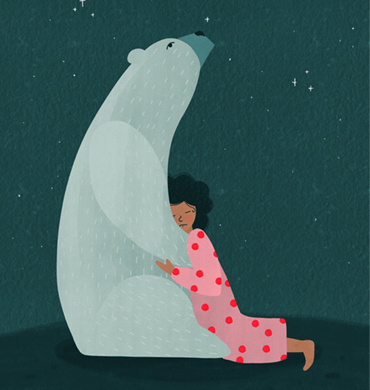 How we work
How we work
 What we do
What we do
 Meet the team
Meet the team
 Artists
Artists
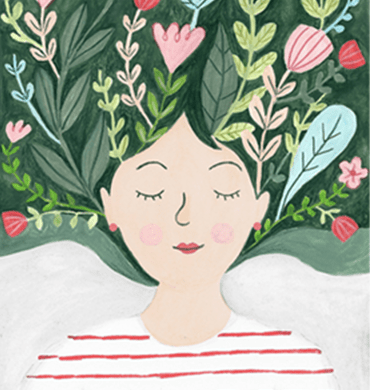 Agents
Agents
 Collections
Collections
 Submissions
Submissions
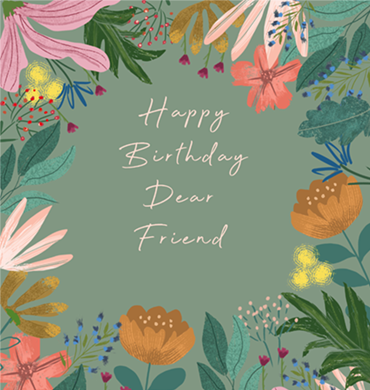 Artists
Artists
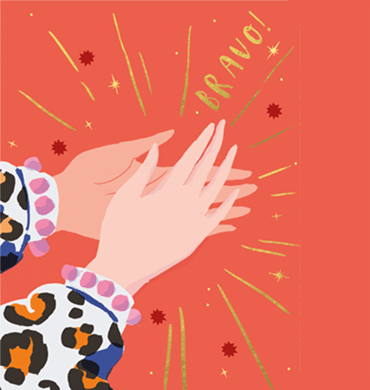 Agents
Agents
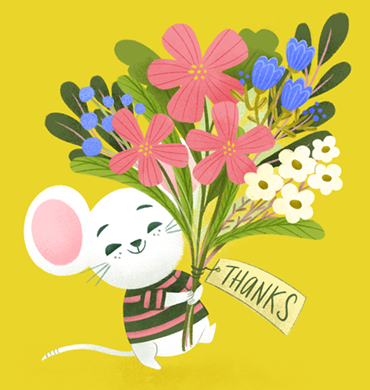 Collections
Collections
 Submissions
Submissions
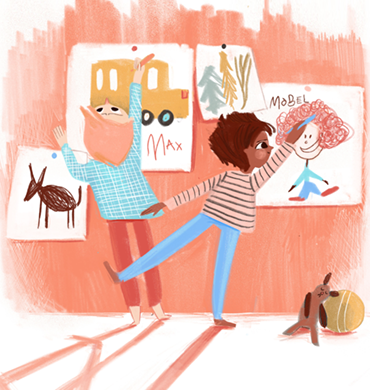 Authors
Authors
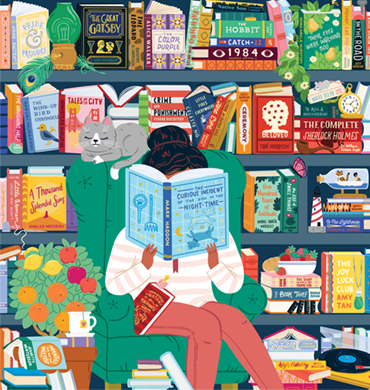 Artists
Artists
 Agents
Agents
 Collections
Collections
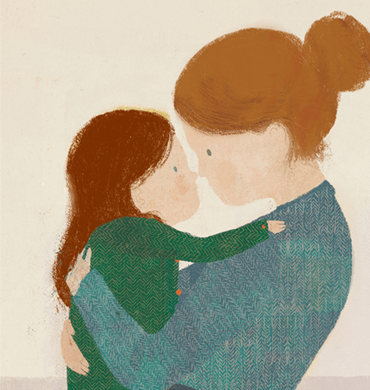 Submissions
Submissions
 Animators
Animators
 Agents
Agents
 Collections
Collections
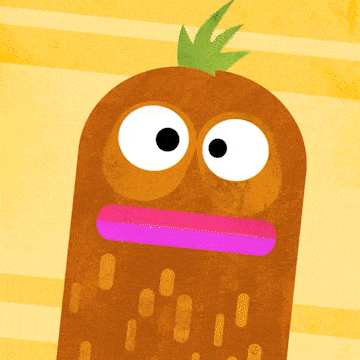 Submissions
Submissions
 About
About
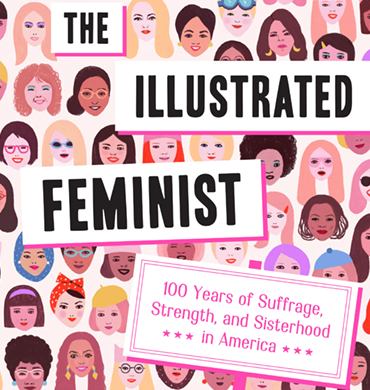 Authors
Authors
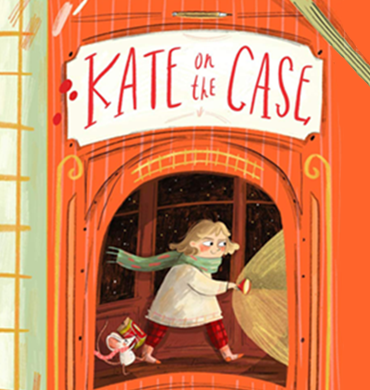 About
About
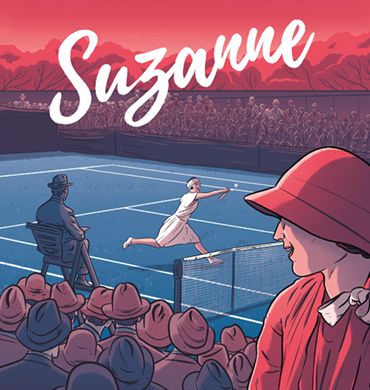 Submissions
Submissions
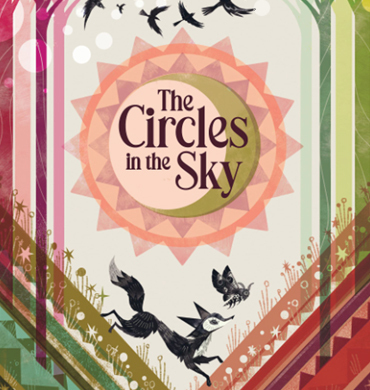 Blog
Blog